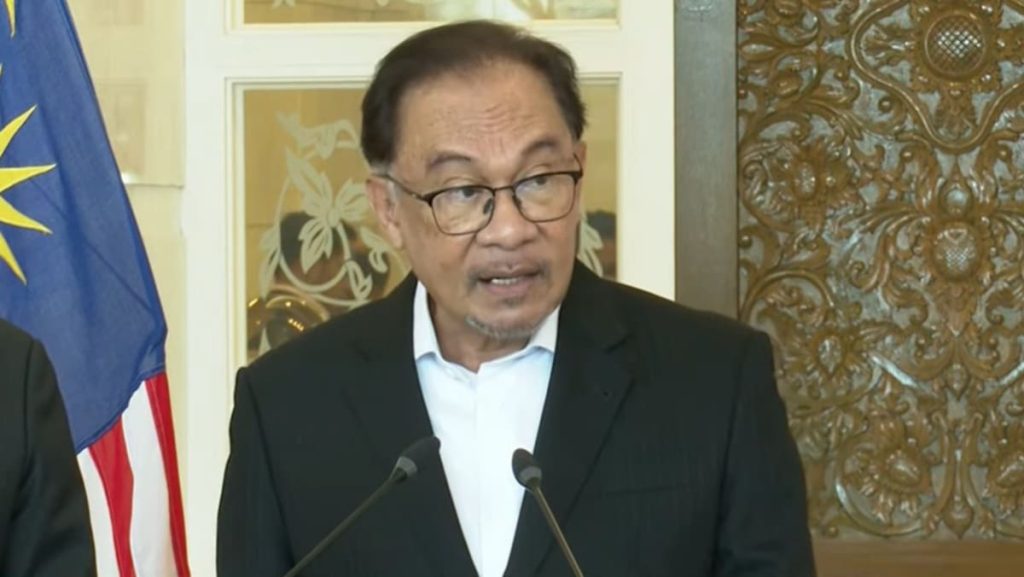Industry sources suggest that the government might need to rethink its decision to allow a second 5G operator in Malaysia due to a stalemate in negotiations between state-owned Digital Nasional Bhd (DNB) and private telecommunications companies. This development highlights the challenges faced in the implementation of the 5G network, which is seen as crucial for Malaysia’s digital transformation. The involvement of politically powerful telcos in the negotiations further complicates the situation and raises concerns about the potential impact on the rollout of 5G services.
Digital Nasional Bhd was established as a government-owned entity tasked with spearheading the development of Malaysia’s 5G infrastructure. However, the negotiations between DNB and private telcos have reached a stalemate, prompting concerns that the government may need to reassess its strategy for introducing a second 5G operator. The participation of politically influential telcos in the discussions adds a layer of complexity to the situation, as their interests may not align with the government’s objectives for the 5G rollout.
The impasse in negotiations between DNB and private telcos underscores the challenges in striking a balance between government objectives and private sector interests in the development of critical infrastructure such as 5G networks. The government’s decision to allow a second 5G operator reflects its commitment to promoting competition and innovation in the telecommunications sector. However, the involvement of politically powerful telcos in the negotiations has created uncertainties and raised questions about the viability of the current approach.
The standoff between DNB and private telcos could potentially delay the deployment of 5G services in Malaysia, which could have significant implications for the country’s digital economy and competitiveness. The 5G network is expected to drive innovation, support emerging technologies, and enhance connectivity for businesses and consumers. Any delays or disruptions in the rollout of 5G services could hamper Malaysia’s ability to leverage the benefits of this next-generation technology and keep pace with global developments in digital transformation.
The government may need to reconsider its approach to introducing a second 5G operator in light of the challenges faced in negotiations between DNB and private telcos. Finding a resolution to the stalemate will be crucial for ensuring the timely and effective deployment of 5G services in Malaysia. It is essential for all parties involved to collaborate and find common ground to overcome the obstacles and move forward with the implementation of the 5G network. This will require a concerted effort to address the concerns and interests of all stakeholders and prioritize the national interest in advancing Malaysia’s digital agenda.
In conclusion, the stalemate in negotiations between Digital Nasional Bhd and private telcos highlights the complexities and challenges in implementing Malaysia’s 5G infrastructure. The involvement of politically powerful telcos adds an additional layer of complexity to the situation, raising concerns about the potential impact on the rollout of 5G services. The government may need to reassess its decision to allow a second 5G operator and find a resolution to the impasse to ensure the timely and effective deployment of 5G services in Malaysia. Collaborative efforts and a focus on the national interest will be essential in overcoming the obstacles and advancing Malaysia’s digital transformation agenda.













